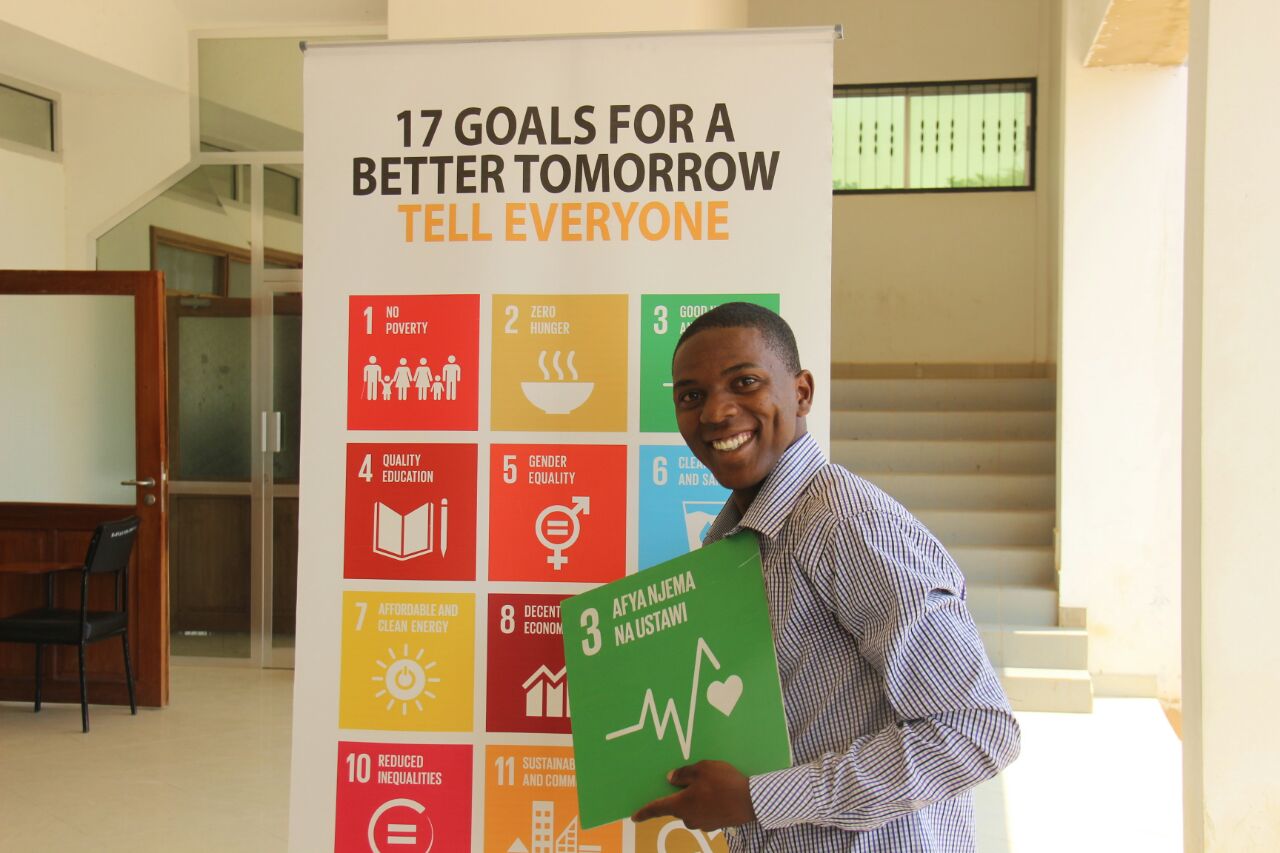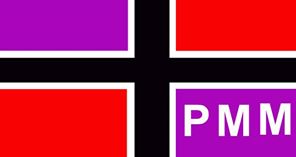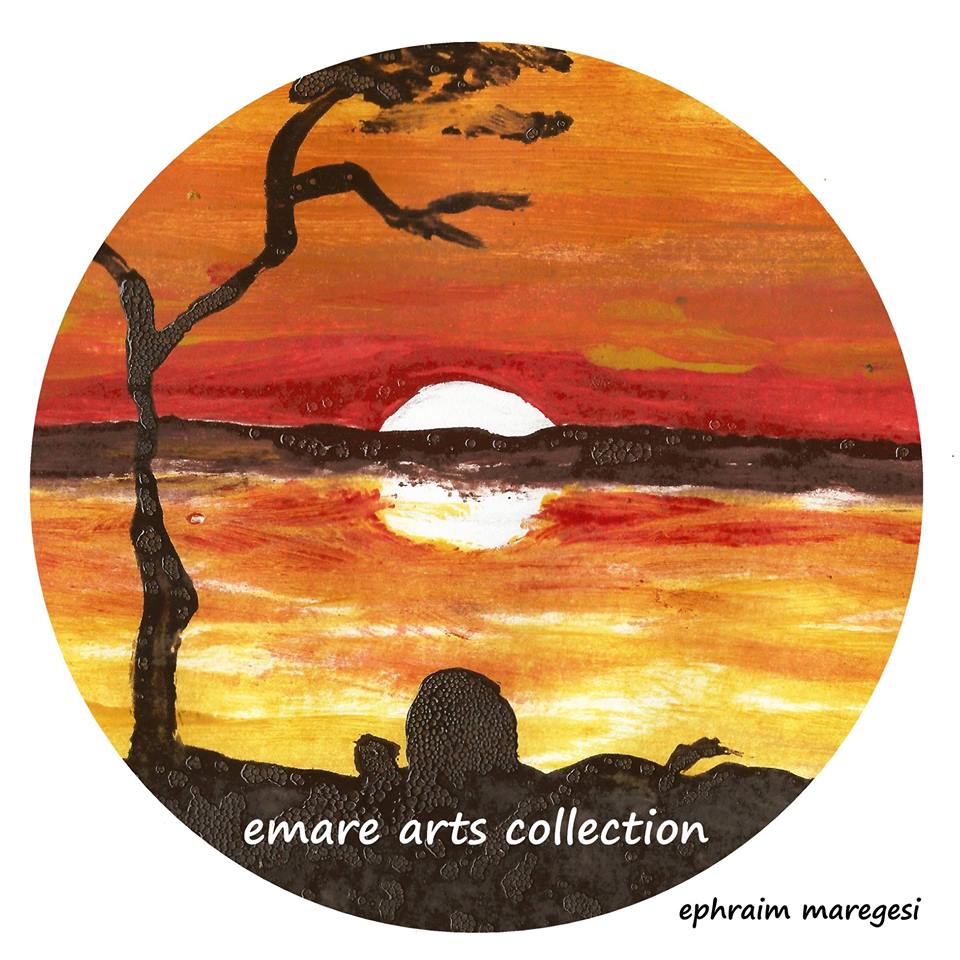CAREER FAIR SPEECH BY RICHARD KASESELA
DC IRINGA-21/05/2016 AT MKWAWA UNIVERSITY
Director Restless Development
President of Mkwawa University Student Union
Dear participants,
It helps to think of your career as a journey, rather than a fixed
destination. As with any journey, planning and researching is highly
recommended: consulting career guides and websites, researching
different occupations, talking with those who work in areas you are
interested in and finding out about current labour market trends, job
requirements and qualifications can all help you get a sense of your
options and the parameters influencing your search.
But while this
advance planning, research and thought will definitely make the process
much smoother, it is also important to recognize that from where you
stand right now, as a university student or recent grad, there is no way
that you could possibly have all of the information you will need along
the way. That will come over time as you grow and develop as a person,
experience new things, meet new people and further refine your sense of
who you are, what you value, what you are good at and what you enjoy
doing. At various points in your career path you will likely stop to
reflect on where you are going and what you want your next step to be.
Career planning is a constant series of steps and decisions as you learn
more about yourself and further refine your direction. Your career may
turn out to be exactly what you had expected, or you may work in fields
and occupations that do not even exist now!
A few additional points to keep in mind:
• If you do not currently know what you want to do with your entire
life, that is ok. It is actually more than ok, it is quite normal at
this point. The key is to be actively involved in your career journey,
to think about and research possibilities, to try out different options
and to learn about yourself in the process.
• Very few if any
career decisions are irreversible; you can still change your mind along
the way. If you make a decision that turns out not to be right for you,
look at it as a learning experience, one more piece of information that
will bring you closer to a job that better corresponds to who you are.
• Many people will have an opinion (solicited or not!) on your career
direction, from family, friends and partners, to professors, advisors
and even this guide. Seeking out the guidance, expertise and support of
others along the way can be extremely helpful and informative, but
remember that you are the ultimate expert on yourself, and the
responsibility for determining what you want and need out of a career,
and the best path to follow, ultimately rests with you.
• When considering career options, give yourself permission to dream a little! There is
a whole wide wonderful world out there to be a part of and contribute
to – time spent imagining all of the possibilities is well invested, as
career decision-making is not a solely logical/rational process. Your
heart, your spirit and your passion matter hugely. It takes a great deal
of courage and strength to honour your dreams and listen to what you
really want out of your life and career. But why spend your time on
anything else?
Self-assessment refers to self-awareness and
self-knowledge, particularly regarding your person- al and professional
values, your interests, achievements, skills and personality. It is
challenging to conduct an effective job search without a clear
understanding of who you are and an ability to articulate this knowledge
to potential employers.
Take the time to do a thorough self-assessment. You can start by asking yourself the following questions:
• What wakes you up? What makes you feel alive?
• What matters to you? What are you interested in?
• What are you good at? What are you proud of?
• What makes you tick? What roles currently define you?
• What would you regret not trying? What kind of life do you want to create for yourself?
Even if you do not have all of the answers just yet, keep these
questions in the back of your mind as you work through the
self-assessment exercises in this chapter. These are designed to help
you clarify and focus your self-knowledge as the first step to
conducting an effective job search.
Values
Values are the
fundamental, deeply held beliefs and ideas we consider important. They
shape how we view the world and what we consider right and wrong, good
and bad. Some values are maintained throughout our lives, while others
may change and become more or less important over time.
We
sometimes take our values so much for granted that we are not even aware
of them and may overlook them during the job search process. However,
finding a position that fits with your values is absolutely intrinsic to
your long term career satisfaction. Behaving in ways which are
inconsistent with basic values may lead to frustration, disillusionment
and even depression. A crucial part of self-assessment, then, involves
becoming aware of one’s values and seeking environments that are
compatible with them.
Interests and Experiences
One of the
best ways to determine your work-related preferences and interests is to
try things out, to participate in part-time and summer work,
internships, volunteering, extracurricular activities, etc.
Skills
Skills are usually divided into two main types: hard skills and soft, or transferable, skills.
• Hard skills are concrete, and easily measured, and consist of factual
knowledge primarily learned at school or during other formal training.
Examples include technical expertise, computer skills, first aid
knowledge, and laboratory techniques.
• Soft skills on the other
hand are somewhat less tangible and can be acquired in various areas of
one’s life, from school, work, volunteering and extra-curricular
interests and activities. They include interpersonal and communication
skills, organization, problem- solving, leadership, creativity,
initiative, professionalism etc. These skills are deemed transferable as
they “come with you” from one experience or position to the next, and
all employers, regardless of industry or field, look for a range of soft
skills in potential employees.
Achievements
What are you proud of? Can you think of occasions where you really felt like you accomplished something?
Achievements are actions which improve a situation. They illustrate
your abilities and are indicative of your potential for taking
initiative and solving problems. The following activities will help you
to identify your achievements and think about how you might communicate
them to prospective employers.
This questions can help to trigger your memory of past achievements:
• Did you receive some form of recognition (award, title, trophy, etc.)?
• Did you intervene in a situation that could have become a serious problem had you not
detected it?
• Did you make a suggestion that was adopted by your classmates, team or coworkers?
• Did you accomplish a task using fewer resources than usual?
• Did you satisfy a particularly demanding client?
• Did you initiate something?
• Have you trained or taught people?
• Did you participate in a project where your influence and ideas were largely responsible for its success?
Let me conclude by thanking the organisers, I do believe Change will happen today for the better of your future











